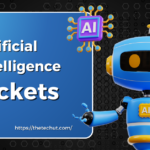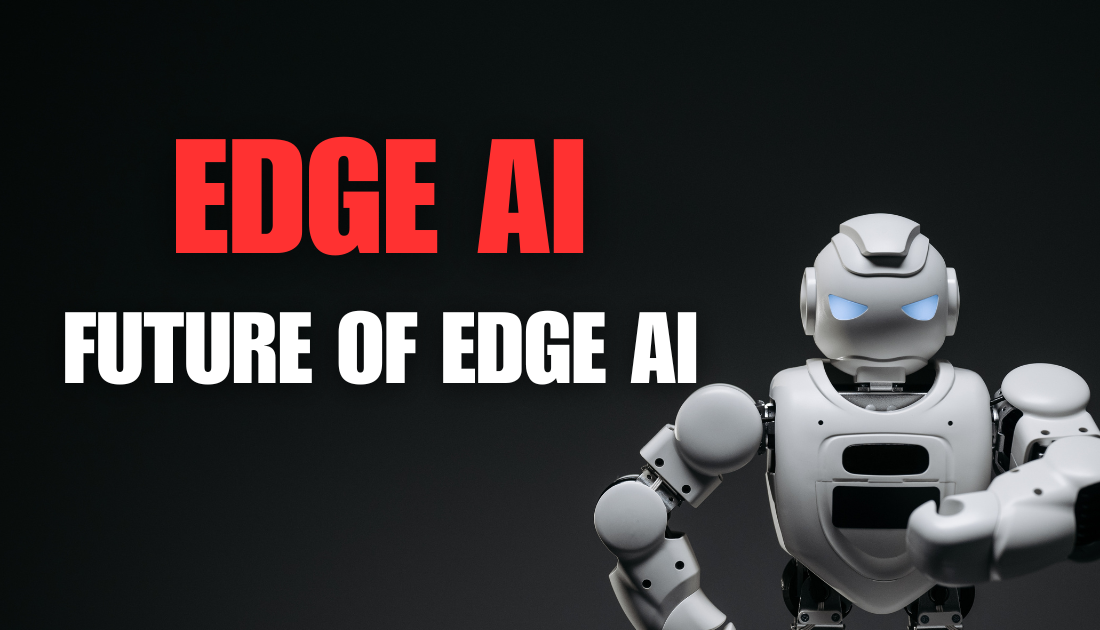Artificial Intelligence (AI) has revolutionized different businesses, from healthcare to funding, and its effect on ticketing frameworks is progressively significant. Artificial Intelligence Tickets powered arrangements are streamlining forms and upgrading client encounters and operational efficiencies. This comprehensive direct investigates the most recent progressions, applications, benefits, challenges, and future patterns of AI in ticketing frameworks.
Introduction to AI in Ticketing Systems
For a long time, AI has become a game-changer in ticketing frameworks across distinct segments. Whether booking aircraft tickets, obtaining concert passes, or overseeing client benefit requests, AI innovations are changing how tickets are prepared, overseen, and optimised. The integration of AI brings forward capabilities such as mechanization, proactive analytics, and personalized client intuition, which are vital in today’s fast-paced computerized economy.
How AI Works in Ticketing Systems
AI works inside ticketing frameworks through a few key functionalities:
Predictive Analytics: By analyzing authentic deal information, client inclinations, and outside components such as climate designs or financial pointers, AI calculations produce figures to optimize ticket estimating and stock administration.
Machine Learning for Personalization: AI-driven proposal motors use machine learning models to analyze client behaviour and inclinations. By understanding person-buying designs and interfaces, ticketing stages can recommend significant occasions, seating choices, and limited-time offers custom-fitted to each client, upgrading client fulfilment and engagement.
Automation of Schedule Assignments: AI computerises and computerises dreary assignments such as ticket booking, instalment preparation, and client benefit requests. This robotization decreases operational costs and improves effectiveness by liberating human assets to focus on more complex and critical perspectives of ticketing operations.
Applications of AI in Ticketing
MechanizedMechanized Client Benefit: AI-powered chatbots and virtual colleagues progressively take care of client questions, give moment reactions, and direct clients through ticket-acquiring processes.
Predictive Analytics: AI calculations analyze past ticket deals information, client behaviour designs, and advertise patterns to figure out requests, optimize estimating procedures, and suggest personalised offers.
Dynamic Estimating: AI empowers energetic estimating models that alter ticket costs based on request variances, maximizing income potential while guaranteeing competitive pricing.
Personalized Proposals: Utilizing machine learning, ticketing stages offer customised proposals based on client inclinations, past buys, and browsing history, upgrading client engagement and fulfilment.
Benefits of AI in Ticketing Systems
Executing Artificial Intelligence ticket frameworks offers a few key advantages:
Enhanced Productivity: RobotizingRobotizing schedule errands such as ticket booking, client requests, and information sections decreases manual workload and operational costs.
Improved Client Involvement: AI-driven personalization and moment bolster administrations improve client fulfilment, driving expanded dependability and retention.
Optimized Optimized Income Era: Prescient analytics and energetic estimating methodologies maximize income by tapping into real-time advertise flow and client behaviour insights.
Fraud Avoidance: Progressed AI calculations altogether diminish occurrences of extortion through ceaseless observing and proactive location mechanisms.
Scalability: AI-powered ticketing frameworks can productively handle vast volumes of exchanges and client intuitive, scaling operations consistently amid top periods.
Challenges and Considerations
While the benefits of Artificial Intelligence tickets system are compelling, several challenges need consideration:
Data Privacy: Handling sensitive customer data requires robust security measures to ensure compliance with data protection regulations.
Integration Complexity: Integrating AI technologies with existing ticketing platforms and legacy systems may pose technical challenges and require substantial investments.
Ethical Concerns: AI-driven decision-making in estimating and client benefit raises moral contemplations concerning decency, straightforwardness, and predisposition mitigation.
Skill Gaps: Executing and keeping up AI arrangements requires gifted experts overseeing complex calculations and translating information experiences.
Future Trends in Artificial Intelligence Tickets
Looking ahead, a few patterns are forming the future of AI in ticketing systems:
Advancements in Natural Language Processing (NLP): Advancements in NLP empower more modern chatbots to understand and react to complex client inquiries.
AI-Powered Predictive Maintenance: AAI algorithms anticipate gear disappointments and upkeep needs in transportation and occasion scenes, guaranteeing consistent operations.
Blockchain Integration: Blockchain innovation improves ticket security, genuineness, and traceability, diminishing Artificial Ticketing issues.
Augmented Reality (AR) Ticketing Experiences: AR advances offer immersive ticket-acquiring encounters and virtual situated sneak peeks, improving client engagement.
Conclusion
In conclusion, AI is reshaping the ticketing industry by revolutionizing operational efficiencies, improving client encounters, and optimizing the income era. As AI advances, organizations over different segments are balanced to use these progressions to remain competitive and meet the developing desires of tech-savvy customers in 2024 and the past.











